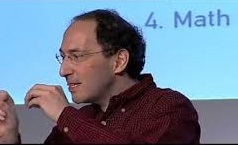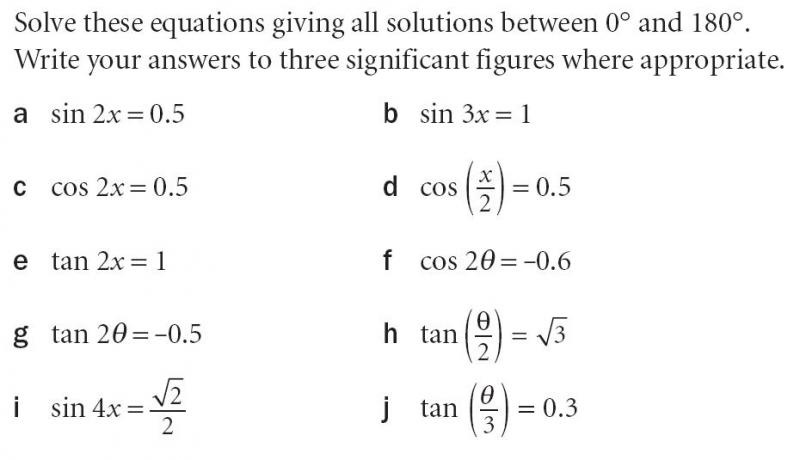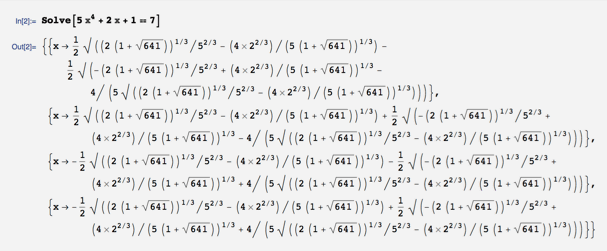Is it time to let the calculator and computer do their job and rethink the meaning of maths and maths education...?
 The 2016 Change Lecture was delivered by Conrad Wolfram, Director of Wolfram Research Europe. For a number of years Conrad has been a quietly persistent advocate of the need for and the ease of making dramatic changes to the way our children are introduced to and acquire lifelong skills in dealing with numbers.
The 2016 Change Lecture was delivered by Conrad Wolfram, Director of Wolfram Research Europe. For a number of years Conrad has been a quietly persistent advocate of the need for and the ease of making dramatic changes to the way our children are introduced to and acquire lifelong skills in dealing with numbers.
The event was supported by a panel of distinguished respondents – Peter Thompson (Master Actuary), Ros Rivaz, John Leighfield (Master Educator) and Conrad Wolfram himself – and some incisive questioning from the members and guests of our Company and a select invitation list of sixth form Maths students.
Conrad introduced the topic by talking of maths and coding as skills for the future and the challenges we face as to how best to make ‘machinery’ fit with human skills. Maths and computation fundamentally drive modern life, but maths is not a popular subject in education (and too many people willingly acknowledge their weaknesses and disinterest in maths).

Solving trig equations...
There are two ‘subjects’ called maths but education remains focused on ‘calculating answers’, a role which is now much better done by computers.
There are three great reasons to learn maths: (1) technical jobs – maths is essential for a number of roles (one suspects actuaries and engineers might struggle without it), (2) everyday living – analysing and quantifying, (3) logical mind training – teaching us to think better.
Conrad went on to explain four components of maths. Firstly there is ‘defining questions’. Secondly, translating to maths. Thirdly computing answers. Finally, interpreting results. Alas too much education is focused on ‘computing answers’ when by definition a computer would be better at it and give us time, space and opportunity to focus on the other components the computer can’t do.
The key message from the lecture was that maths is bigger than just calculating and we need to move towards ‘computer based’ mathematics not just ‘computer assisted’ mathematics. As the wise words of wisdom tell us, “better deployment of the wrong subject won’t fix the problem.”

Why do this in your head?
Practical and conceptual maths will converge, and the use of computer based mathematics means the computers can do the drudgery (much I guess as we now use Excel for boring and mundane calculations our forefathers might have slaved over adding machines with). It means we can solve real, complex problems – in engineering, in biology, as students – not toy ones just at the pitch of our current level of expertise. This is a call for a problem-centred learning curriculum and a call for change, to get more people excited about mathematics and use the tools at our disposal.
You can see Conrad’s entire lecture, the panel response and feedback (and additional questions) from the sixth form students at http://wcomc.org/events/changelecture2016

Dr Simon Davey, Chair, Education and Schools Panel
June 2016
www.drsimondavey.com and simon@omega-alpha.com